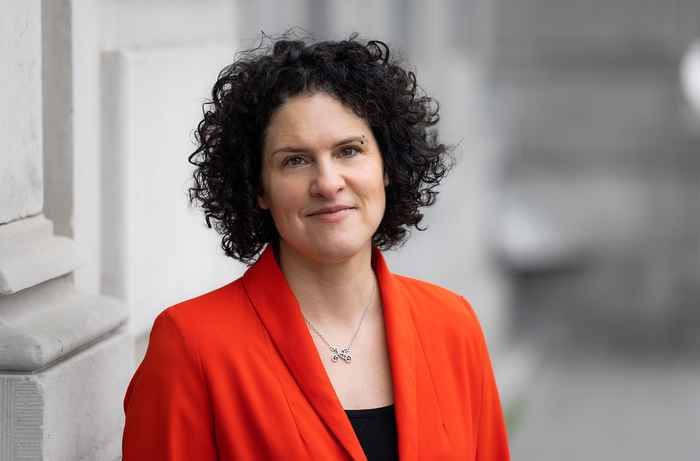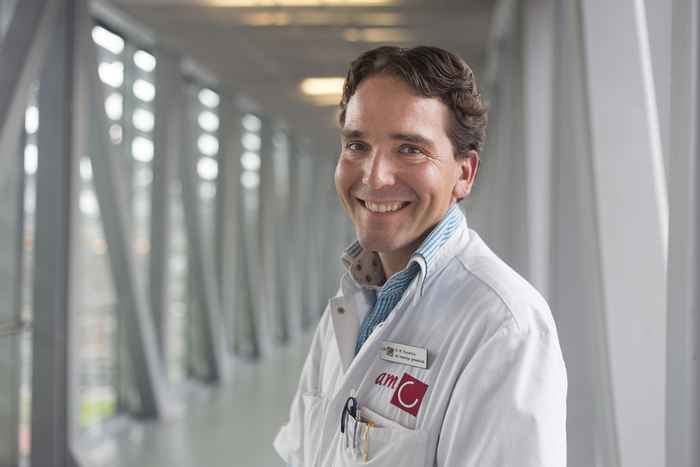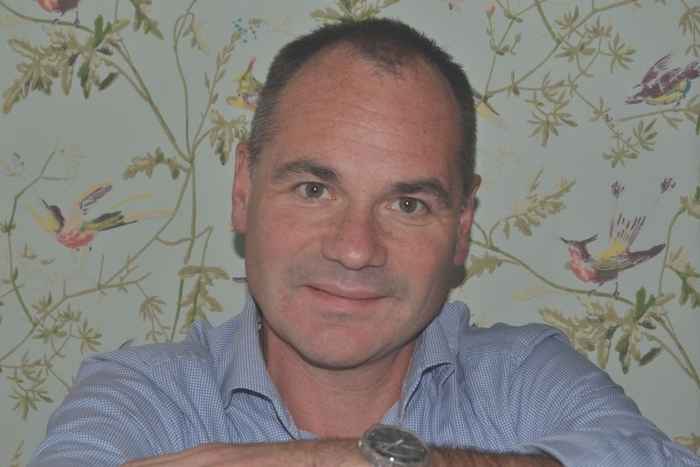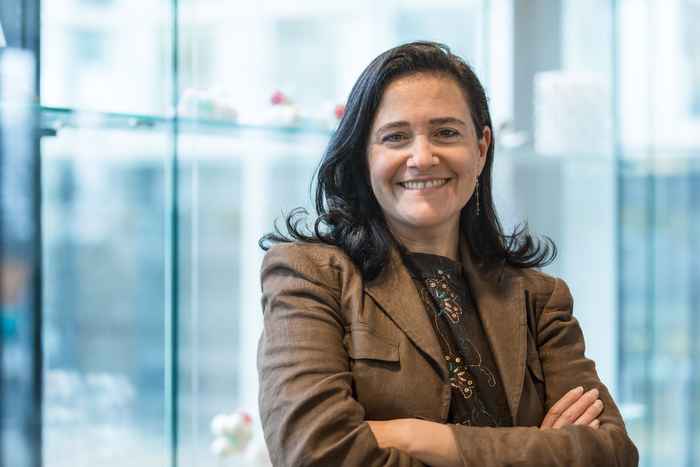ERC Advanced Grants for four UvA and Amsterdam UMC researchers
11 April 2024
Tobias Blanke is university professor of Artificial Intelligence and Humanities. His project is entitled: Deep Culture - Living with Difference in the Age of Deep Learning (Deep Culture)
Deep learning technologies have taken the worlds of commercial and academic AI by storm. ChatGPT has generated a lot of excitement about our new relations with AI but has also revealed much public anxiety around deep learning. There is too little understanding of the fundamental shift in cultural relations deep learning has brought about. Blanke’s project coins the term ‘deep culture’ to describe the global transformations that deep learning has wrought on culture and how culture is in turn key to deep learning. Neither overly enthusiastic nor despairing about the new deep culture, the project proposes reshaping our relationships with it to address the complexities of cultures and values of difference. The project will first explore epistemic translations between deep learning and historical-cultural concepts and practices. Secondly, it will work with deep-learning methods to address their limitations for critical analysis. Finally, it aims to produce diverse public understandings of deep learning’s global relations to culture.

Stefania Milan is professor of Critical Data Studies. Her project is entitled: Governance by data infrastructure in the post-pandemic democracy (DATAGOV)
Facial recognition cameras, digital identity systems, and health dashboards have become a staple of daily life. By generating data for monitoring or decision-making, these “regulatory data infrastructures” fulfill functions that were once performed exclusively by humans. Regulatory data infrastructures are at the core of a new mode of governance normalised in the post-pandemic society, termed “governance by data infrastructure”. With the pandemic and generative AI accelerating the digital transition of society, regulatory data infrastructures are creeping further into public and private spaces, and that comes with a high societal cost. DATAGOV will explore the dynamics of governance by data infrastructure in the post-pandemic democracies in the European Union and non-Western countries (Brazil, India and South Africa). It focuses on three consumer technologies - biometrics, digital identity and health technology - as living laboratories to explore how regulatory data infrastructures become agents of governance. Contributing to critical data studies, Milan’s project will examine how governance by data infrastructure transforms three key areas of concern to the modern state: citizenship, state sovereignty and inequality. By unmasking the impact of regulatory data infrastructure on governance, DATAGOV will chart the future of democracy amidst pervasive datafication.

Max Nieuwdorp is professor of Internal Medicine, in particular diabetes mellitus. His project is entitled: FATGAP - Better understanding how our own alcohol production is regulated in our intestines
Just under 1 in 5 adults in the Netherlands is overweight and more than 80% of them have fatty liver disease, which increases the risk of cardiovascular disease. Alcohol production by our intestinal flora appears to be greatly increased in people with obesity and fatty liver disease. In this project, Nieuwdorp will continue to build on this earlier discovery by his research group. Fructose in our diet may play an important role in increased alcohol production in our intestines. The aimof the project is to determine how an altered microbiome and acidity in the intestine is related to excessive alcohol production and the occurrence of cardiovascular disease. Nieuwdorp hopes to develop new treatment strategies that will enable interventions against this harmful alcohol production in the intestine.

Don Weenink is an associate professor in Sociology. His project is entitled: Turn-taking and turning points in violent encounters. Towards an explanatory theory of how conflicts in urban public space begin, transform and end (TURNING VIOLENT)
Although violent police-civilian and civilian-civilian encounters constitute a tiny sliver of the social interactions that take place each day, their consequences can be far-reaching. First and foremost for the victims. In addition, images of assailants committing violence against vulnerable/subdued victims arouse public fear and indignation, while the excessive use of force by police undermines public trust and the rule of law in democratic societies. Based on the analysis of publicly available phone camera recordings of real-life interpersonal conflicts in Berlin, London and Paris, this research will advance an empirically grounded theory that explains how altercations between strangers in public space develop into encounters in which physical violence is the dominant mode of interacting, especially one-sided violence against vulnerable/subdued victims. The research breaks new scientific ground by: (1) showing that the course of interpersonal conflict can be causally explained from how the antagonists and their audiences (co-present peers, colleague police officers, unknown bystanders) attempt to structure the encounter in socially meaningful ways; (2) analysing how slurs, insults, and provocations pertaining to age, class, ethnicity, gender and race, as well as differences in policing practices influence the trajectories of civilian-civilian and police-civilian conflicts; (3) developing the methods to analyse in meticulous detail how sequences of bodily actions and verbal utterances produce turning points towards the beginning, transformation, and ending of violence; and (4) advancing the scientific use of publicly available phone camera data.

In addition to the above, an Advanced Grant also goes to Linda Amaral-Zettler, UvA professor by special appointment of Marine Microbiology, who will head a project based at the Royal Netherlands Institute for Sea Research (NIOZ) in collaboration with the UvA. The project is entitled Validating Biodegradation Rates and Reactions Applying Novel Technologies and Systems Ecology Approaches (ViBRANT-SEA) and will look at the effects of plastic marine debris on the world’s oceans.